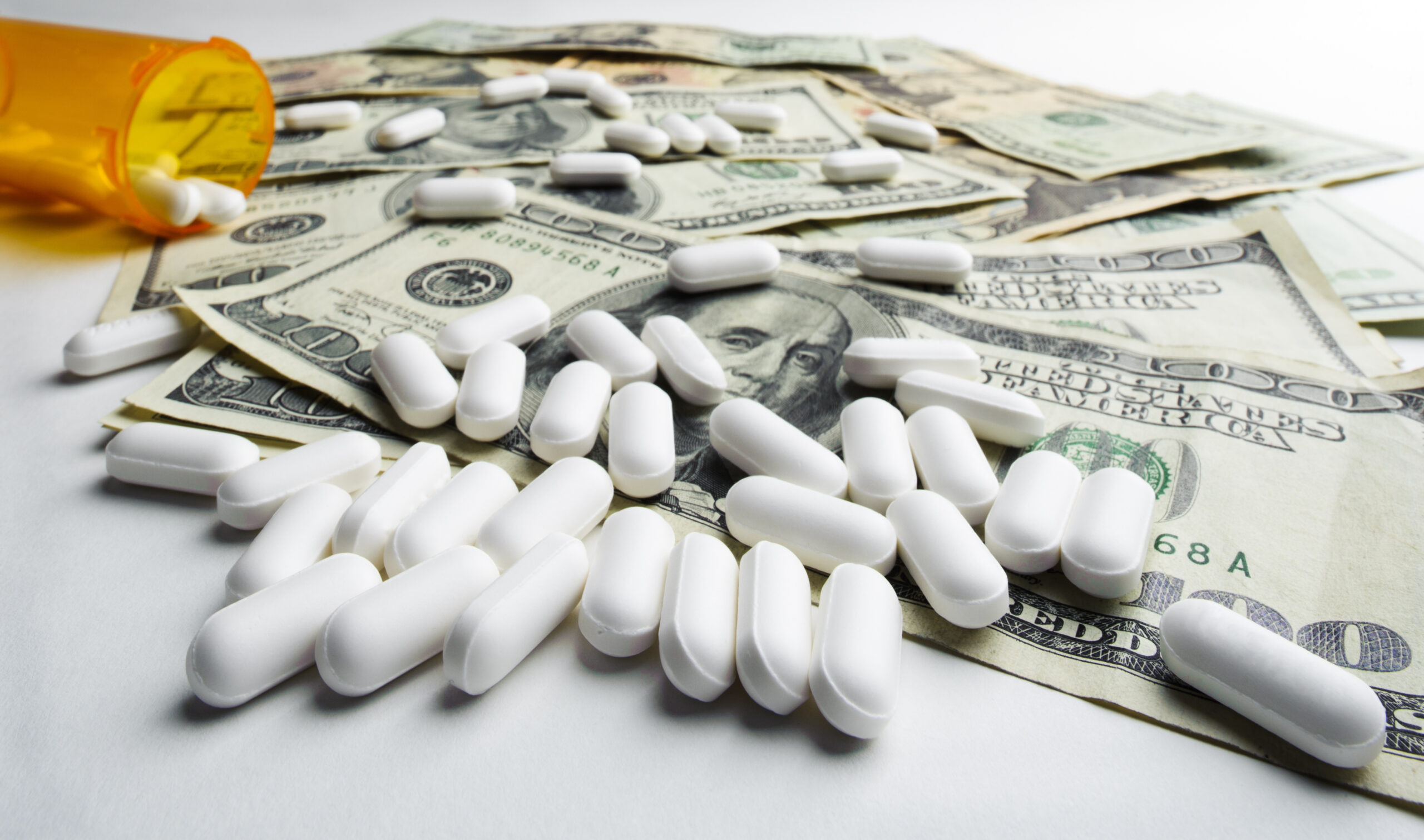© 2024 CSRXP- All Rights Reserved

ICYMI: Drug Prices Are A Matter Of Life And Death
Mar 21, 2019
The Hill
Lauren Aronson
March 21, 2019
https://thehill.com/blogs/congress-blog/435132-drug-prices-are-a-matter-of-life-and-death
Few issues are more pressing today than out-of-control drug prices. One in four Americans are unable to afford their medications, and many of them are rationing — or altogether giving up — the very treatments they need to live, sometimes with fatal consequences.
As Kathy Sego — whose diabetic son, Hunter, was rationing his insulin to save money — put it earlier this year before Congress, addressing the drug pricing crisis is “literally a matter of life and death.”
As a result of skyrocketing insulin prices, Nicole Holt-Smith, from St. Paul, Minn., lost her 26-year-old son, Alec, and Antroinette Worsham, of Cincinnati, Ohio, lost her 22-year-old daughter, Antavia.
As a mother myself, I cannot begin to imagine the pain these families have endured. And what’s worse: it should never happen in a civilized country.
Pharmaceutical companies have long put their profit margins ahead of the patients they claim to be helping. They have successfully gamed the patent system to prevent competition and protect their monopolies in the marketplace, allowing them to set any prices they want. Current regulations allow a brand name manufacturer to use gimmicks, like small changes to their brand name drugs, that do not effect that drug’s effectiveness, to extend a its patent protection and prevent other manufacturers from entering the market to compete.
Just look at the world’s biggest insulin manufacturers: Eli Lilly, Novo Nordisk and Sanofi. Together, they produce 99 percent of the insulin in the United States, selling it to more than 7 million Americans who rely on the drug to live.
A recent announcement from Eli Lilly that the company will offer a discounted generic insulin product is little more than window dressing, since Eli Lilly maintains control over the pricing of the new product – and can therefore raise its price at any time. It’s a gimmick to ease the public outrage over the industry’s anti-competitive tactics.
Price gouging is exactly what Canadian physician Frederick Banting, who helped discover the life-saving properties of insulin in 1921, tried to avoid when he and his colleagues sold the patent, without their names, for one dollar. As historian Michael Bliss characterized it, “Above all, these were discoverers who were trying to do a great humanitarian thing, and they hoped their discovery was a kind of gift to humanity.”
One hundred years later, in the absence of real competition, insulin today can cost nearly $300. That cost is magnified by the multiple vials or pens a month a patient may require.
Fortunately, there is momentum in Washington to hold brand-name drug companies accountable for gaming the patent system and gouging patients. Leaders at both ends of Pennsylvania Avenue are proposing market-based solutions to break down Big Pharma’s patent barriers and boost competition so families across the country can have more affordable choices.
One of these proposals is the Creating and Restoring Equal Access to Equivalent Samples (CREATES) Act. This bipartisan, bicameral legislation will prevent brand-name pharmaceutical companies from using anti-competitive tactics they regularly employ in the current regulatory landscape to delay the market-based purchase of brand name samples by other manufacturers.
This critical measure will help bring generic and biosimilar drugs to the marketplace sooner, forcing pharmaceutical companies to sell their branded products at lower prices if they want to compete.
Not only will this legislation help save lives, it will save billions of dollars that could otherwise be spent on new innovations and investments in medical advancements.
Leading a diverse group of nearly 50 organizations, the Campaign for Sustainable Rx Pricing, of which I am the executive director, wrote in a letter of support upon the bill’s introduction that “the CREATES Act will help ensure that brand-name pharmaceutical companies cannot take advantage of regulatory rules to forestall the competition that is essential for access and innovation.”
We agree with the Congressional Budget Office, which concluded that the CREATES Act will save patients and taxpayers $3.9 billion over 10 years by allowing lower-priced generic drugs to enter the market earlier.
In an attempt to divert escalating public outrage with their practices, pharmaceutical industry executives claimed to support this legislation during a U.S. Senate Committee on Finance hearing on Feb. 26, only to have their trade association later clarify the executives would only support a watered-down version.
Senate Finance Committee Chairman Chuck Grassley (R-Iowa), a co-sponsor of the CREATES Act, put it best, “Big Pharma is talking out of both sides of their mouth.”
From the perspective of our members, including a wide-array of voices from across the health care world, patients are the most important reason to advance this legislation without delay. They’ve struggled to keep up with rising prices for long enough. Now it’s time for Congress to show them relief is on the way.
Lauren Aronson is the executive director of the Campaign for Sustainable Rx Pricing, a broad-based coalition of physicians, nurses, hospitals, consumers, health plans, pharmacy benefit managers, pharmacists and businesses promoting bipartisan, market-based solutions to lower drug prices. Lauren can be reached at [email protected] and followed at @RxPricing.
